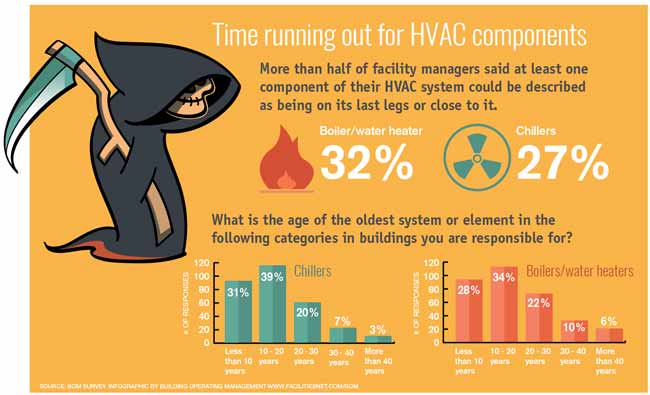Checking Out The Ecological Advantages Of Heat Pumps - A Lasting Home Heating Option
Checking Out The Ecological Advantages Of Heat Pumps - A Lasting Home Heating Option
Blog Article
Article Developed By-Long Barrett
In an era where sustainability and energy effectiveness are paramount, many companies seek environment-friendly home heating solutions. One such remedy is the heatpump.
A heatpump extracts the heat in its environments and pumps it right into your home, resulting in one of one of the most reliable green main heating unit around. This procedure additionally creates absolutely no greenhouse gas exhausts, making it a very sustainable innovation.
Power Performance
Heat pumps are really power effective and need little maintenance. They make use of less power than various other heater and are without a doubt one of the most eco-friendly. They work well with roof solar and can typically spend for themselves in utility financial savings alone.
They can also offer air conditioning, which is excellent for garage workshops, attic room hangouts and benefit rooms, and home enhancements without prolonging the existing ductwork. They can even be made use of for retrofits in existing homes with hydronic (water-based) distribution systems such as reduced temperature level radiators or radiant floors.
Try to find designs with SEER and HSPF scores that meet or surpass Canada's minimum criteria, in addition to the criteria in your region. Greater scores mean better effectiveness, which saves you cash in the future and reduces your carbon footprint. You could also get refunds and incentives! The most effective units are those with a ground heat exchanger for added effectiveness. These units can absorb thermal energy from the ground during the winter season and extract it in the summer season.
Decreased Greenhouse Gas Emissions
Heat pumps run on power and essentially transfer warm from the air, also when it's cold outside. They are able to draw out the free warmth trapped in air particles and relocate them inside your home, reducing humidity while doing so.
Compared to gas heating systems, contemporary heatpump use less than one kilowatt of power per kilowatt of heating power they create. This makes them one of the most power effective heating alternative offered with a COP (Coefficient of Performance) of four or more. By lowering the need for nonrenewable fuel sources, heat pumps help in reducing greenhouse gas emissions and reduce other significant air contaminants.
Structure decarbonization is an international crucial, and the heating and cooling field is a key driver of that procedure. Whether it's investor making net absolutely no commitments, plan makers setting exhausts restrictions, or lessees demanding greener rooms, electric heat pumps are being identified as a necessary solution. They are a cost-efficient method to minimize carbon exhausts by getting rid of the requirement for nonrenewable fuel sources in buildings.
Adaptability
Heatpump can be used in several kinds of homes and buildings-- with or without ducts. They collaborate with hot-water radiators, air-conditioning and programmable thermostats. They can replace heaters or be mounted in new homes. They can operate on photovoltaic panels, geothermal systems or even district home heating resources like wastewater.
They're great at delivering more warm per energy device. For example, an air-source heat pump creates up to 3 or more home heating systems from each electricity unit it consumes.
Getting the most from your heatpump will depend upon your climate area and high quality of insulation. Look for versions with ENERGY celebrity ratings and compare their SEER or HSPF specifications. In warmer climates, concentrate on SEER; in colder regions, consider a system with a higher HSPF score. On top of that, invest in air sealing and insulation to decrease the lots on your heat pump. That will certainly boost power efficiency and assist you reach your Net No goals faster.
Biomass Boilers
Biomass boilers make use of timber pellets, chips or logs to create warmth and warm water. https://www.tampabay.com/news/health/2020/04/27/your-ac-is-broke-the-wifi-is-down-is-it-safe-to-let-workers-into-your-home-during-the-quarantine/ are a great selection for off-grid residential properties or those who want to leave the gas grid.
As a standalone heating unit, biomass can supply sufficient power to keep your home cozy all the time without the common heat drop off of other eco-friendly technologies. They can likewise be used together with photovoltaic panels to increase financial savings and take advantage of RHI payments.
A drawback of these systems is the in advance price and regular fuel distributions. Commonly, pellets will certainly require to be blown right into a fuel store utilizing a vacuum cleaner system or they can be by hand fed right into the boiler via a receptacle. heat pump maintenance are generally self-sourced from close-by timberland or acquired wholesale. As well as this, they call for hand-operated loading and might require cleaning on a regular basis.